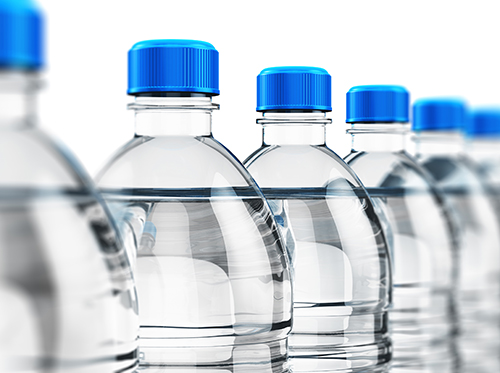When should I floss during the day?
November 28th, 2017

A vital step in your oral health routine is flossing. We hope our patients at Wichita Falls Orthodontics maintain good oral hygiene, including daily flossing between each visit to our Wichita Falls, TX office. A toothbrush is not always enough to get to the hard-to-reach areas of your mouth. When food remains between your teeth, bacteria starts to grow and will break down your enamel. This is where flossing comes in!
Should you floss before or after brushing?
Whatever your personal preference, you may floss before or after you brush your teeth. When you floss first, you can brush away any leftover dislodged food debris from your teeth. On the other hand, when you brush first, you will loosen the plaque between your teeth, which makes flossing more effective.
The essential aspect is that you floss thoroughly by using a fresh strand of floss and make sure to get between every tooth. Even if your teeth look and feel clean, don’t skip flossing or plaque will begin to build up on your teeth.
When is the best time to floss?
Although you should brush your teeth at least twice a day, Dr. Frech and our team recommend flossing your teeth thoroughly once a day. Many people prefer to floss before bed, so that plaque doesn’t sit between their teeth all night.
What kind of floss should I use?
You may choose between interdental cleaning picks or flexible floss strands to perform your daily flossing routine. If you have permanent oral appliances or restorations, be sure to follow the flossing instructions provided to you.
Do you need help flossing?
If you’re having trouble flossing or have questions about which floss is best for your teeth, contact our Wichita Falls, TX office and we can provide you with support. Be sure to keep up with your daily flossing routine, and we will see you at your next appointment!




